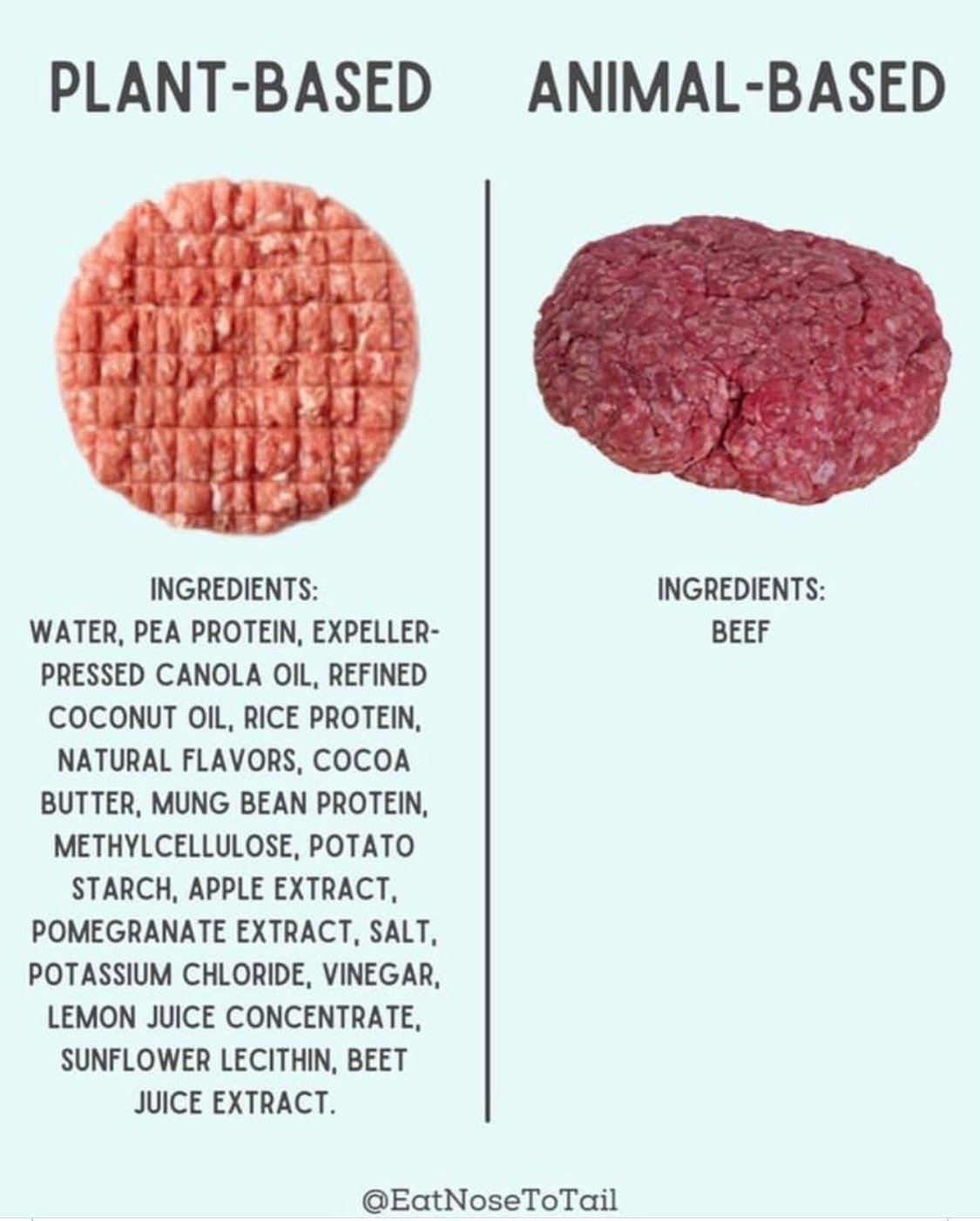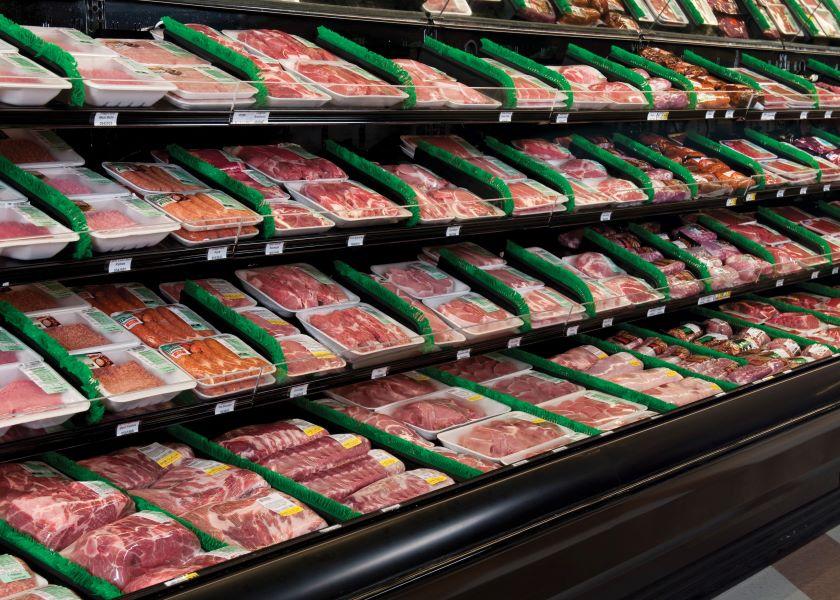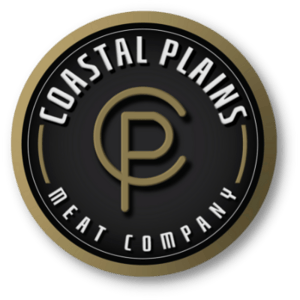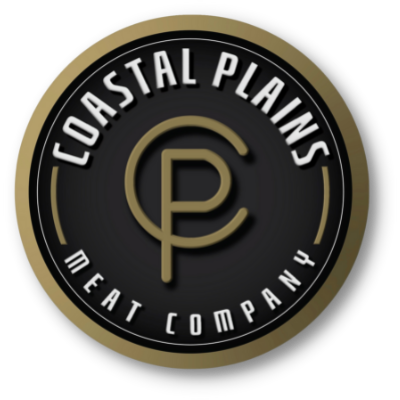Read the story from Farm & Journal AgWeb here: https://www.agweb.com/news/livestock/pork/will-run-retail-meat-prices-continue-usda-thinks-so-says-consolidation-isnt?mkt_tok=ODQzLVlHQi03OTMAAAGAXTieQGIRvDgsWwvsI_KPUsIEMYj5RUC1NnQcYjcRObJ2r6eEtvRod3hz_0PiN_XNc-us_FbugiZV8WyJyKP-rRybjrfOjwF7gqiliggsvhJgOf1XXw
Coastal Plains Meat Company CEO David Billings said this in response, "So commodities are just that, a commodity, driven by market forces both on the supply and demand side. Economics shows that when demand increases, as it has with record export sales as well as domestic demand increasing which have now started to surpass supply capabilities (given many reasons as the article states) prices tend to rise. This is with any commodity... My thoughts on this are that our US products that used to be sold here to support domestic demand have now been exported causing an decrease in supply domestically, and with that domestic demand staying current but supply shifting primarily from the mega packers to export it is causing a pricing increase.
The challenge with alternative protein sources is the product that you are consuming and the contents of that product and the process at which that product is MANUFACTURED.

Any manufacturing process will increase negative environmental impacts, plant based bust be farmed where fuel is burned, products are refined, chemicals are refined and added to the product, soil health is degraded, atmosphere is further degraded, these are not environmental friendly sustainable practices... this is typical manufacturing processes where products are created in a lab and made in a large factory whereby those inputs utilized cause great strain on our environment. Meanwhile livestock have been proven to be the lowest contributor to greenhouse gases and as well provide long term solution for soil health in managed grazing operations with the added benefits of natural carbon sequestration. Here is a simple study performed by an accredited university on this topic. http://www.dasnr.okstate.edu/Members/donald-stotts-40okstate.edu/carbon-sequestration-a-positive-aspect-of-beef-cattle-grazing-grasslands
The solution is not just replace it with another product that is now more refined and manufactured but to focus on increasing meat production capacity domestically to fill the void of the export meat from the larger mega packers. This will take time but it is being done all over the US where supply chains are now being localized to support local communities and even at a state level.



